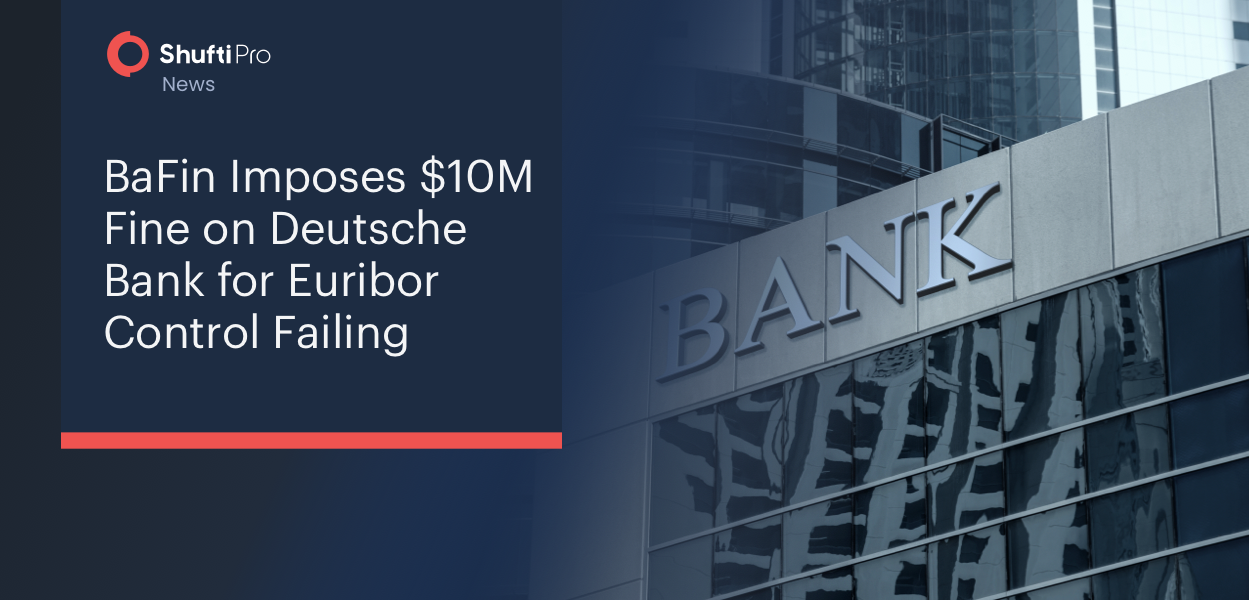News
Money Laundering in Ireland Skyrockets as Criminals Move Online
The cases of money laundering in Ireland has more than doubled last year and now it has spiked si...
 Explore More
Explore More
News
UK’s Regulatory Agencies not Coming Slow Against Money Laundering
HM Revenue & Customs carried out an extensive investigation on the UK’s real-estate agencies ...
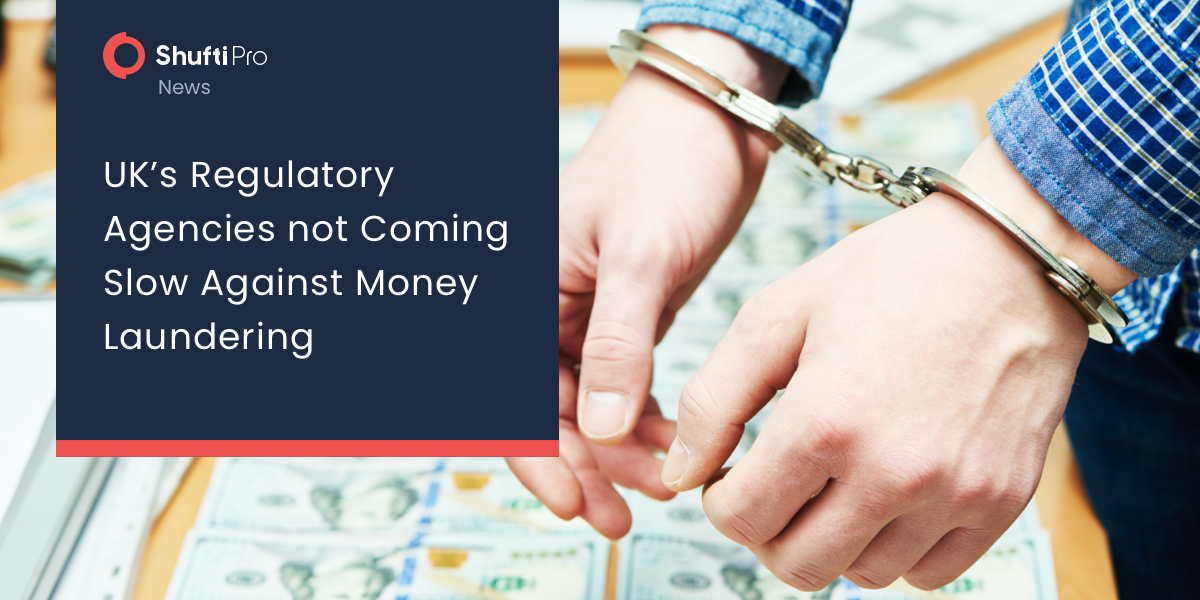 Explore More
Explore More
News
Indonesia to Pass Regulations to Control Money Laundering
Indonesia is looking to develop a strong regulatory framework to curb money laundering and terror...
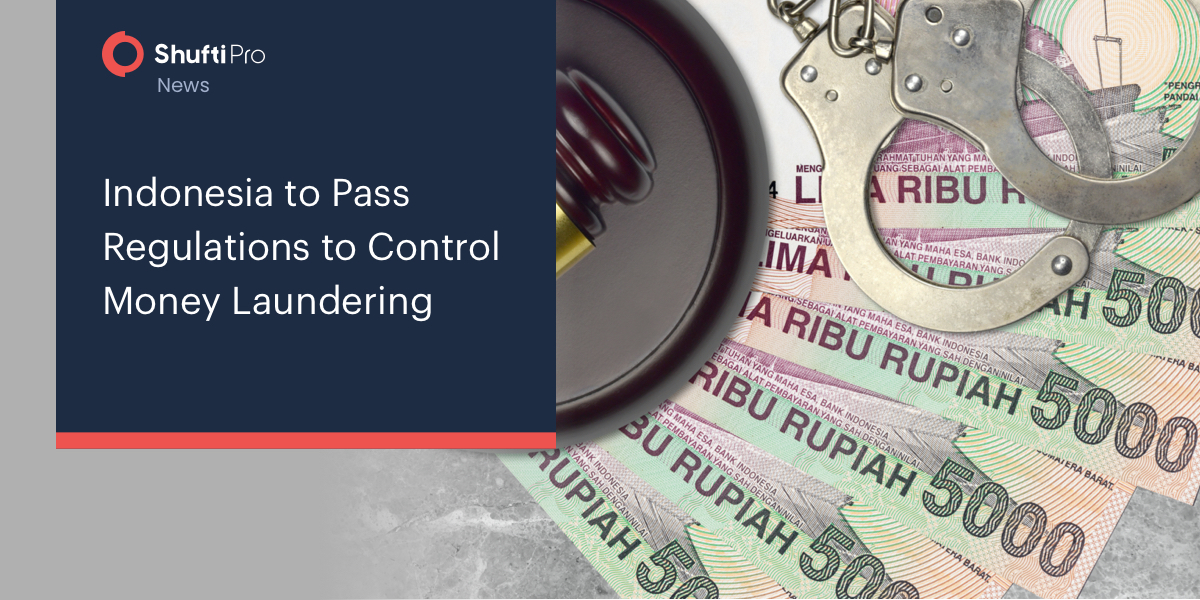 Explore More
Explore More
News
FCA Fines Bastion Capital For Serious AML Failings
The Financial Conduct Authority (FCA) has imposed a fine on Bastion Capital London for serious AM...
 Explore More
Explore More
News
FinTech in Malaysia is Improving Due to Friendly Regulations
Malaysia has taken a user-friendly approach to adapt to financial regulations as it is working to...
 Explore More
Explore More
News
Macau Police Arrests Cross-border Money Laundering Group for Illicit Financing of HK1.1 Billion
A group of 22 individuals were arrested by authorities in Macau and HK for suspicions of being in...
 Explore More
Explore More
News
Half of Anti-malware Products fail to Recognize Notable Threats
According to a new report by SE labs, Most popular, well-established cybersecurity solutions do n...
 Explore More
Explore More
News
Fintech funding dwindles amidst Coronavirus pandemic
Fintech funding reduced at the beginning of 2020 because the COVID-19 outbreak began to hit late ...
 Explore More
Explore More
News
Money Laundering Proceedings Against Pilatus Set Back Indefinitely
Money laundering proceedings against Pilatus Bank and its former top officials will likely be set...
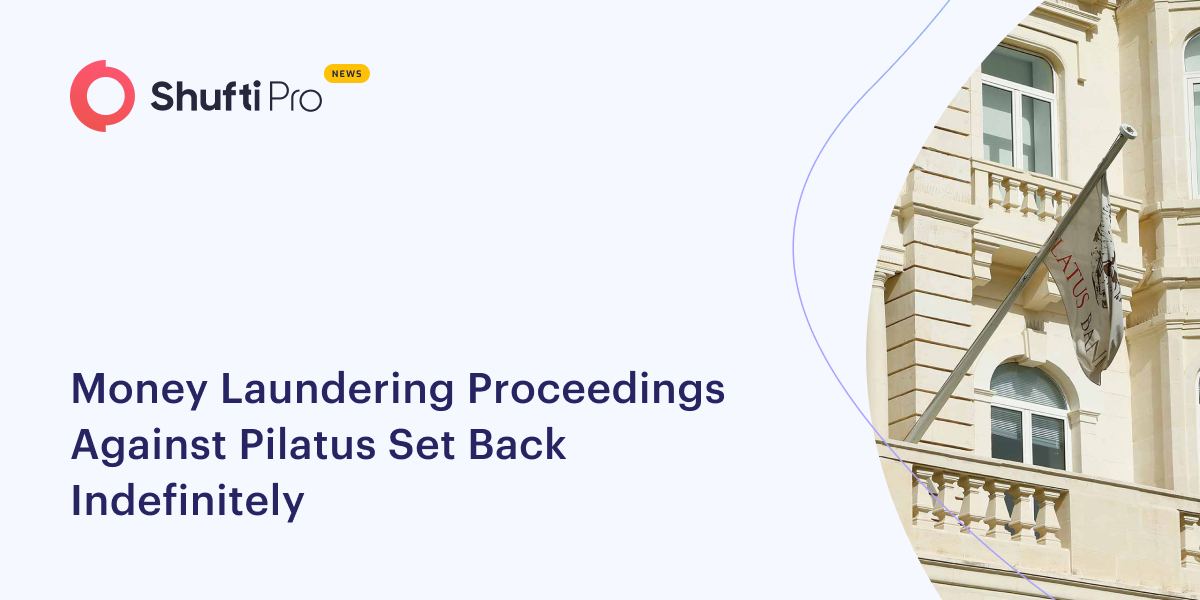 Explore More
Explore More
News
South Africa Introduces Biometric Child Registration To Stop ID Theft
The Department of Home Affairs (DHA) in South Africa recently introduced a new method of biometri...
 Explore More
Explore More
News
NFT Market Skyrockets to $44 Billion as Money Laundering Increases
The non-fungible token (NFT) market value has increased from $106 million in 2020 to $44 billion ...
 Explore More
Explore More
News
Amended Secrecy Law to Help Philippines Exit the Grey-List
The Philippines has proposed amendments to the Banking Secrecy Law to regulate financial accounts...
 Explore More
Explore More
News
South Africa Earmarked R265 Million to Get Off FATF’s Greylist
Finance Minister Enoch Godongwana announced on Tuesday that allocating R265 Million is one of sev...
 Explore More
Explore More
News
Bulgaria Must Strengthen its Measures Against Money Laundering & Terrorist Financing – Moneyval
Moneyval called on Bulgaria to improve the regulatory standards for the domestic framework consis...
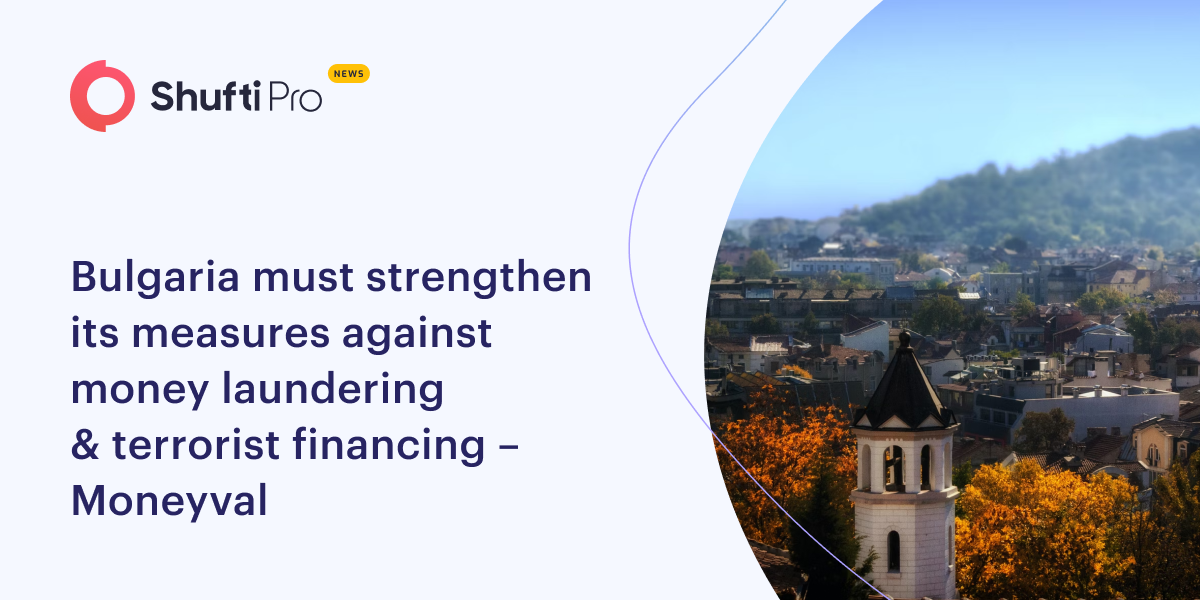 Explore More
Explore More
News
EU Regulators Say Crypto Exchange Licenses Should be Revoked for Money Laundering
EU regulators have proposed that the licenses of crypto exchanges should be revoked in case of se...
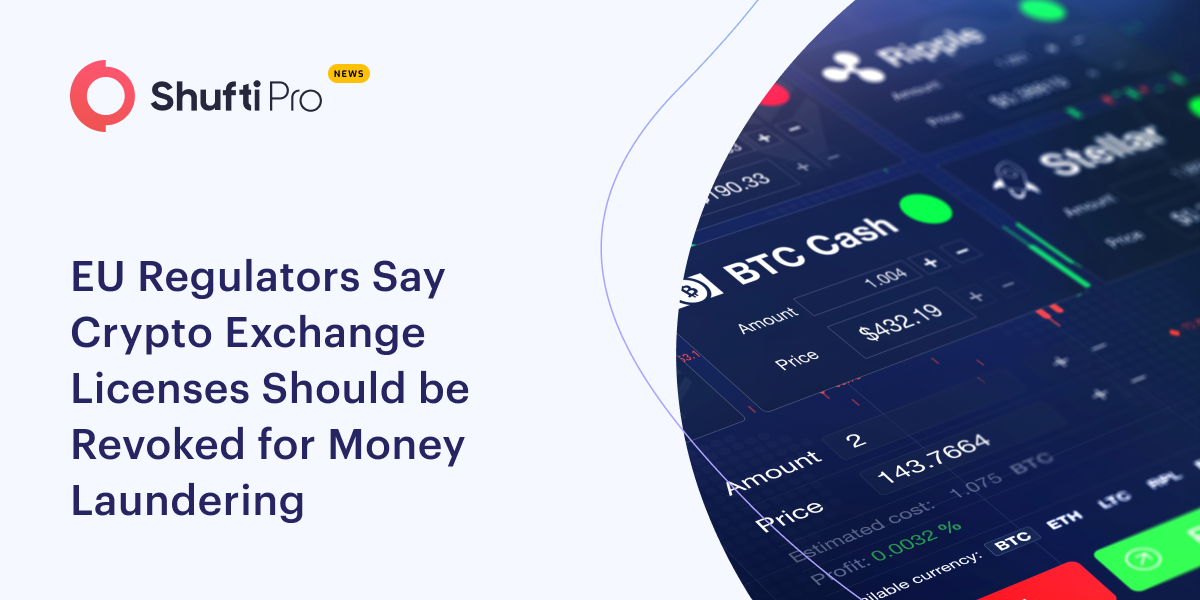 Explore More
Explore More
News
Europol and EU Member States Launch Operation Targeting Assets of Sanctioned Entities
Europol and EU member states along with Eurojust and Frontex have launched Operation Oscar to ass...
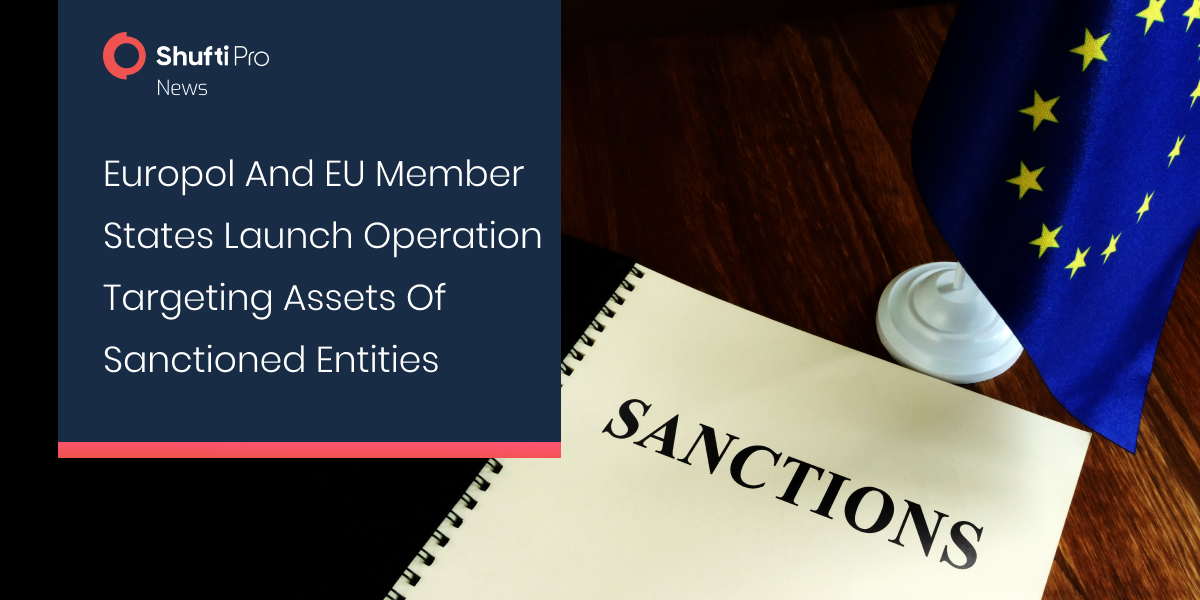 Explore More
Explore More
News
New Crypto Regulations to be Followed by Korean Banks
South Korea is increasing cryptocurrency regulations by making KYC verification necessary along w...
 Explore More
Explore More
News
China Extends the Regulatory Crackdown to the Fintech Giants
The financial watchdogs in China are rolling out new legislative measures to restrict the finance...
 Explore More
Explore More
News
Singapore Government Discloses Modified Regulatory Measures for Stablecoins
Singapore’s Central Bank has disclosed upgraded regulatory guidelines for stablecoins to keep cry...
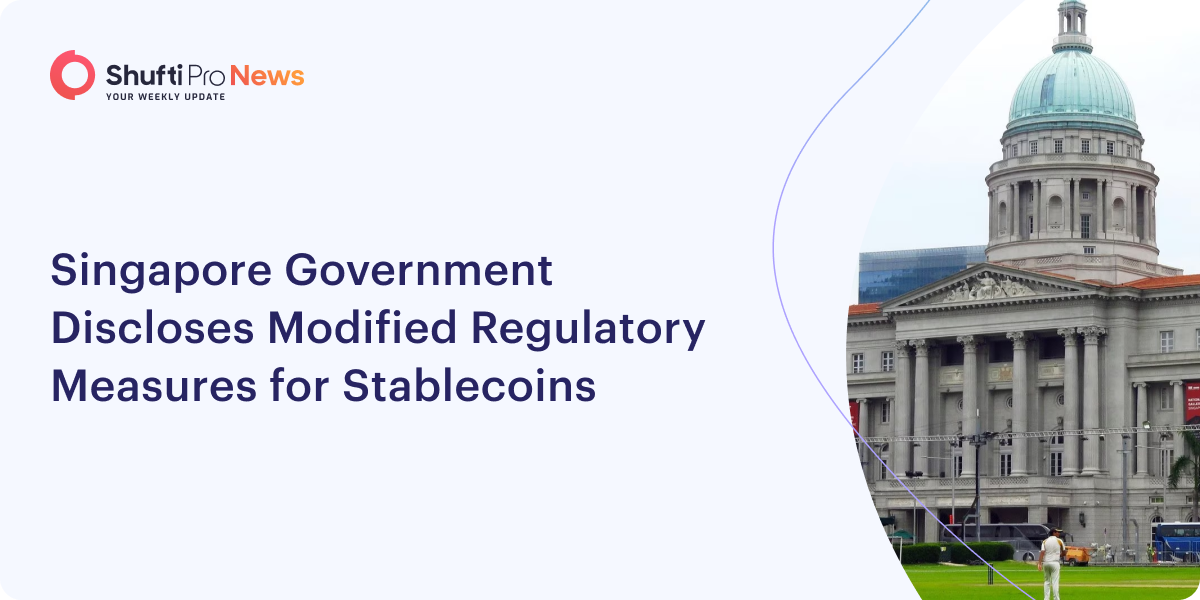 Explore More
Explore More
News
US Army to Adopt Facial Recognition Technology for Securing Military Base
United States Army is looking to apply face recognition technology on their military base to imme...
 Explore More
Explore More
News
FATF to Conduct Checks & ‘Gray List’ Countries to Enforce Crypto AML Regulations
Global financial watchdog FATF has planned to perform checks and ‘grey list’ countries to ensure ...
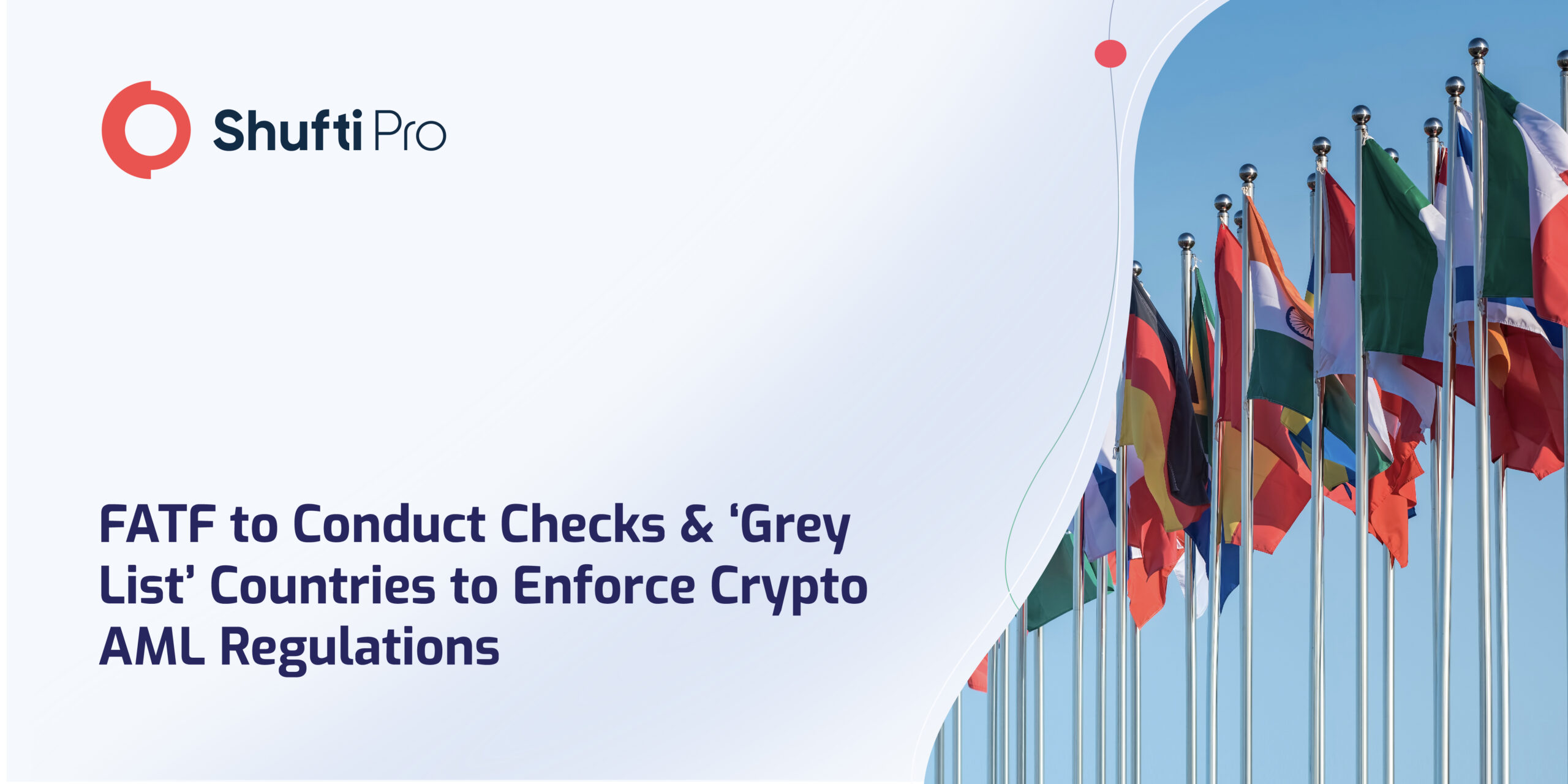 Explore More
Explore More
News
Shufti Achieves iBeta Level 2 Compliance for Biometric Liveness Detection
London, UK – May 9, 2025 – Shufti has successfully achieved iBeta Level 2 compliance for its biom...
 Explore More
Explore More
News
UK Authorities Accuse Attorneys of Failure in Combating Financial Crimes
The UK regulatory authorities asserted that new data revealed prosecutors inadequately comply wit...
 Explore More
Explore More
News
Global AML Watchdog FATF Puts UAE on the Grey List
The Paris-based Financial Action Task Force placed the UAE on the grey list for “strategic defici...
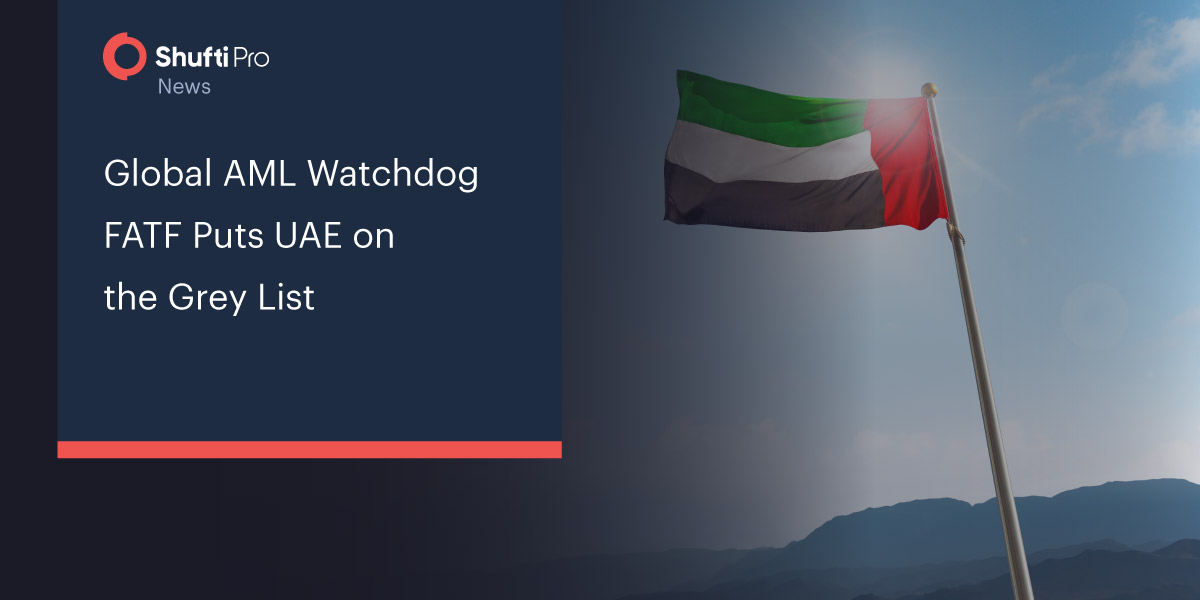 Explore More
Explore More
News
FATF to Blacklist Myanmar Over Money Laundering Concerns
Myanmar faces a blacklisting threat by a FATF because of AML compliance failure and weak regulati...
 Explore More
Explore More
News
Vending machines can now be operated with Bitcoins
Vending machines used by key Asia-Pacific soft-drink bottler and distributor Coca-Cola Amatil wil...
 Explore More
Explore More
News
FATF Urges Member Countries To Lead by Example in Implementing Travel Rule
The global financial watchdog FATF has urged countries to implement the travel rule in the legisl...
 Explore More
Explore More
News
AUSTRAC Warns Banks Against Closing Accounts of Crypto Traders
AUSTRAC shows full support for the Australian crypto industry and is issuing warnings to banks ag...
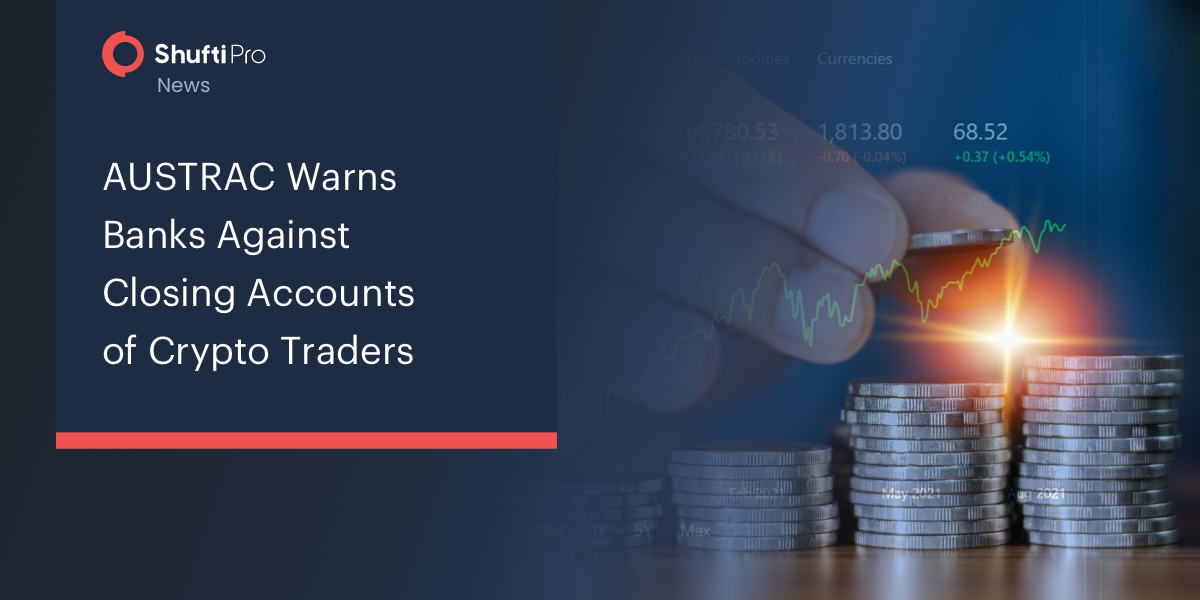 Explore More
Explore More
News
Ghost Coin deployed as payment for vending machines in Hong Kong
Ghost Coin, the privacy coin headed by John McAfee, can now be installed in vending machines in H...
 Explore More
Explore More
News
Financial Regulators in Uganda Demands Government to Set Crypto Regulations
Uganda’s financia regulators, Financial Intelligence Authority (FIA), want the government to take...
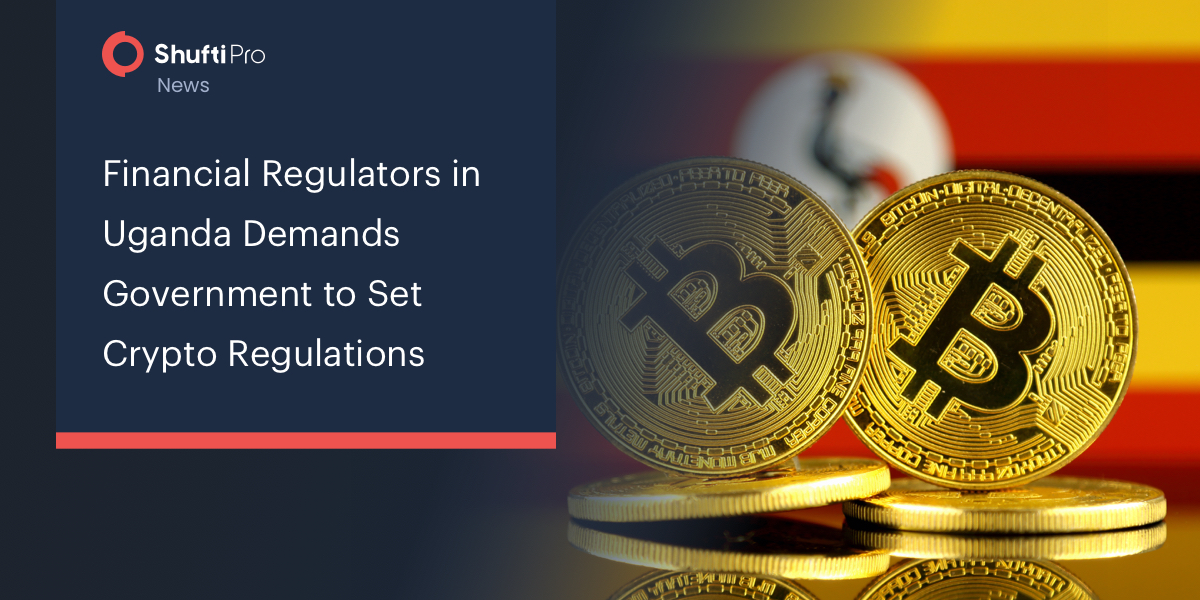 Explore More
Explore More
News
$9.8 Million Lost, 40 Arrested in Twitch Money Laundering Scheme
On Tuesday, 4th January, Turkish police took 40 suspects into custody from 11 provinces for alleg...
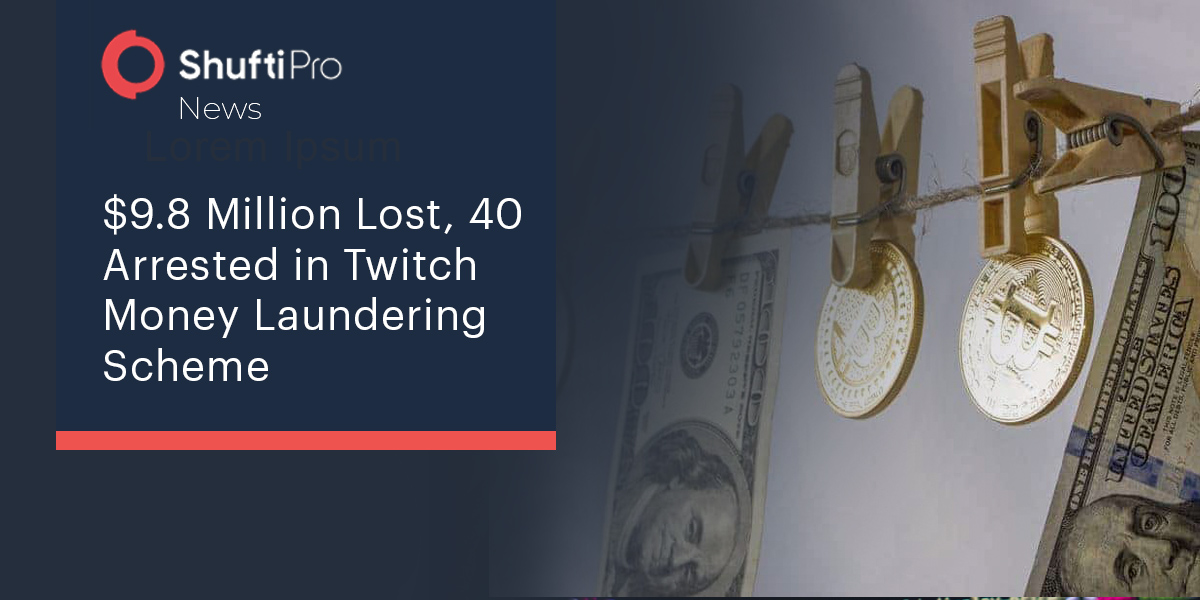 Explore More
Explore More
News
FinCEN May Release a YouTube Video to Outreach Latest BOI Rules
The Financial Crimes Enforcement Network (FinCEN) director stated they are creating awareness cam...
 Explore More
Explore More
News
Updated Crypto AML Rule in South Korea Set to Take Effect from 25th March
South Korea’s official financial regulatory body, the Financial Services Commission (FSC), announ...
 Explore More
Explore More
News
Swiss Prosecutors Scrutinize Lebanon’s Central Bank for Money Laundering
Prosecutors in Switzerland are carrying out investigations from the British Virgin Islands to Gen...
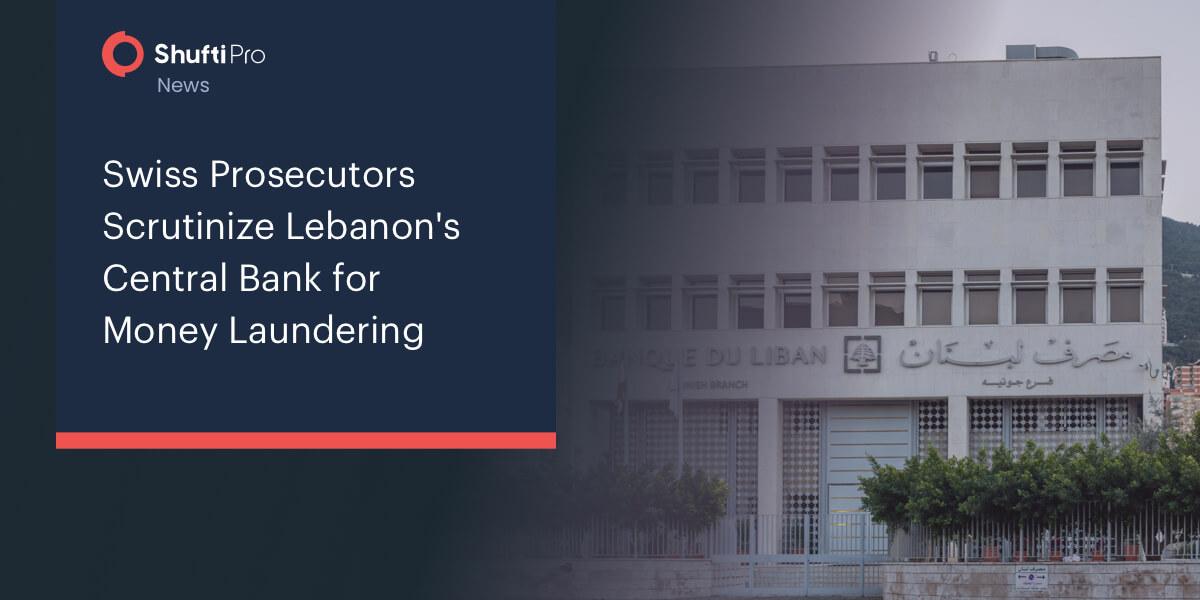 Explore More
Explore More
News
FATF Issues New Guidance on Mitigating Proliferation Financing Risk
The new guidance puts a spotlight on the need for effective onboarding processes, ongoing monitor...
 Explore More
Explore More
News
KYC/AML and Sanctions fines reach $5.6 billion mid-year for global financial institutions
The leading provider of digital transformation and client lifecycle management (CLM) solution, Fe...
 Explore More
Explore More
News
South Korea Seizes $47M Worth of Crypto from Tax Evaders
South Korean officials have seized $47 million in cryptocurrency from 12,000 individuals accused ...
 Explore More
Explore More
News
FINTRAC Fines Two B.C. Real Estate Brokerage Firms for AML Violations
The Financial Transactions and Reports Analysis Centre of Canada (FINTRAC) has recently fined two...
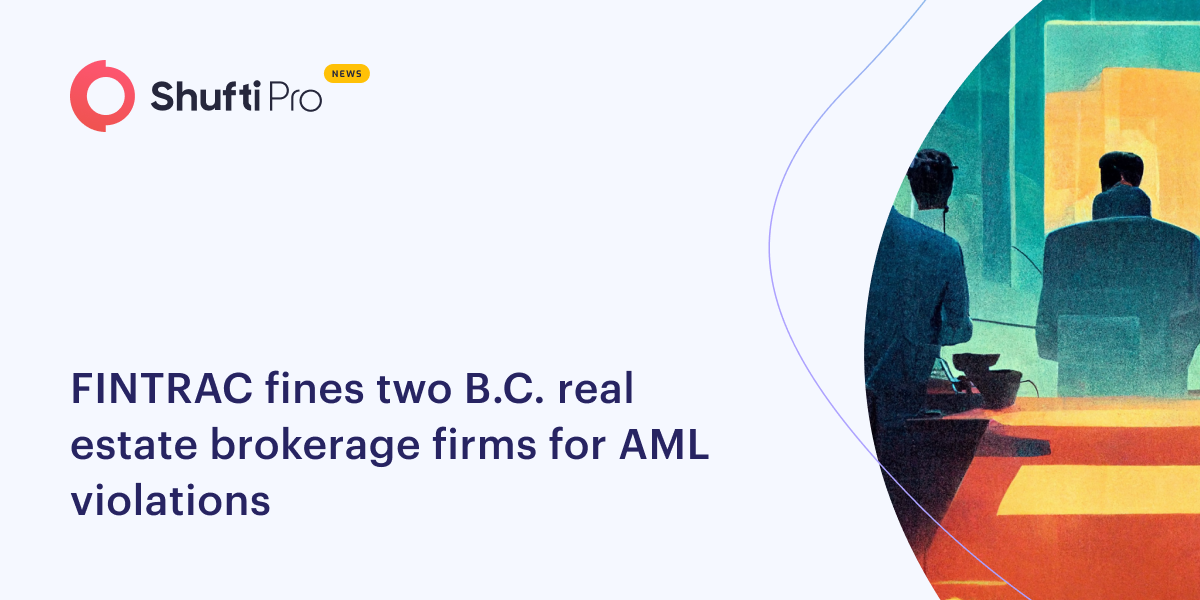 Explore More
Explore More
News
DISA is Working on a Digital Identity, Credential, and Access Management Tool
According to Nextgov reports, the Defense Information System Agency (DISA) in the US has announce...
 Explore More
Explore More
News
MGA to Introduce Detailed Player Protection Guidelines for Responsible Gambling
Malta Gaming Authority is set to introduce player protection guidelines after being placed on the...
 Explore More
Explore More
News
EMI Flagged Nearly 40% of UK’s E-Money Exchanges for Money Laundering Risk
A report from Transparency International revealed that nearly 40% of the UK’s e-payment companies...
 Explore More
Explore More
News
TSB Fined $3.5M on Account of Four AML Breaches
New Zealand’s High Court has fined Trustee Savings Bank (TSB) Ltd NZD 3.5 million following the b...
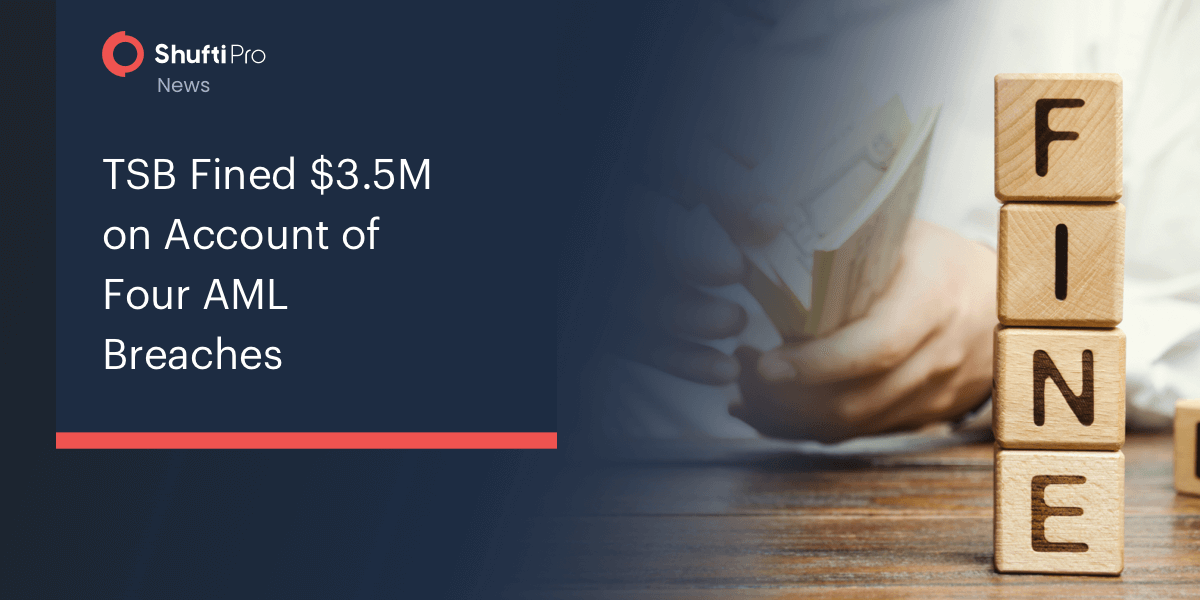 Explore More
Explore More
News
Philippine Banks Struggle to Comply with AML Regulations
Philippian banks and financial institutions are struggling with compliances regarding the anti-mo...
 Explore More
Explore More
News
Hawaii introduces facial recognition for COVID-19 airport screening
Hawaii transportation authorities on Monday revealed the latest element of their attempts against...
 Explore More
Explore More
News
Amazon Warns UK Customers Over Rising Threat of Impersonation Scams
Amazon has cautioned UK customers about the rising threat of impersonation scams via phone calls,...
 Explore More
Explore More
News
Hong Kong Sees 20-fold Spike in Investment Scam Losses – Report
According to the Police, 725 cases of investment scams occurred within the first seven months of ...
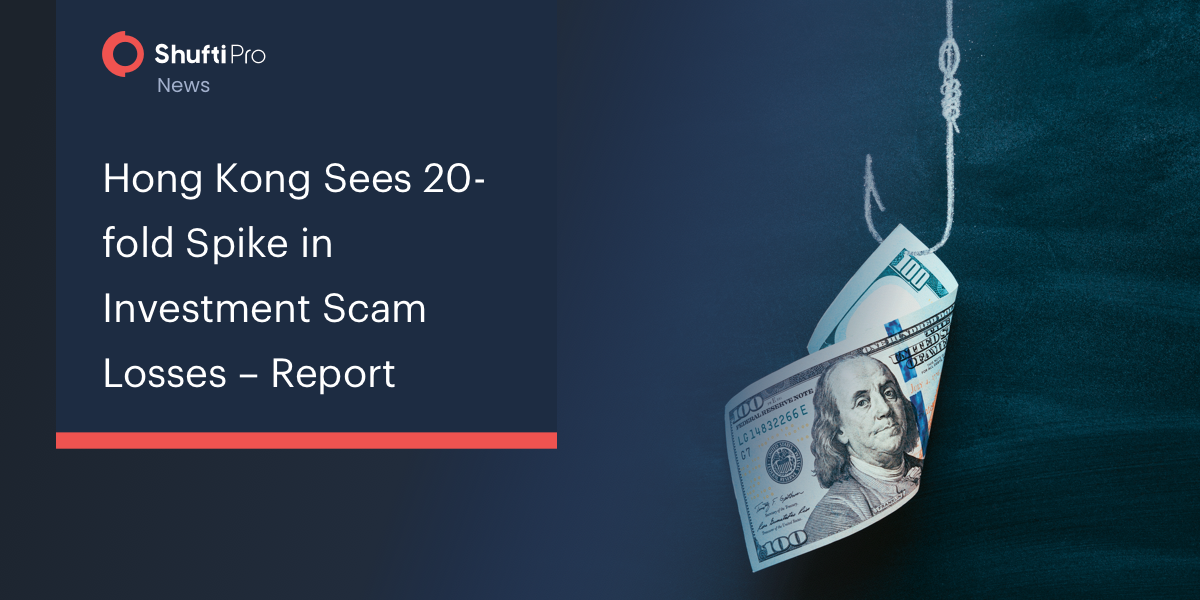 Explore More
Explore More
News
14 Arrested in Money-Laundering Crackdown, Over HK$300 Million Seized
Hong Kong police carried out a crackdown on money laundering groups, 14 arrested and HK$300 milli...
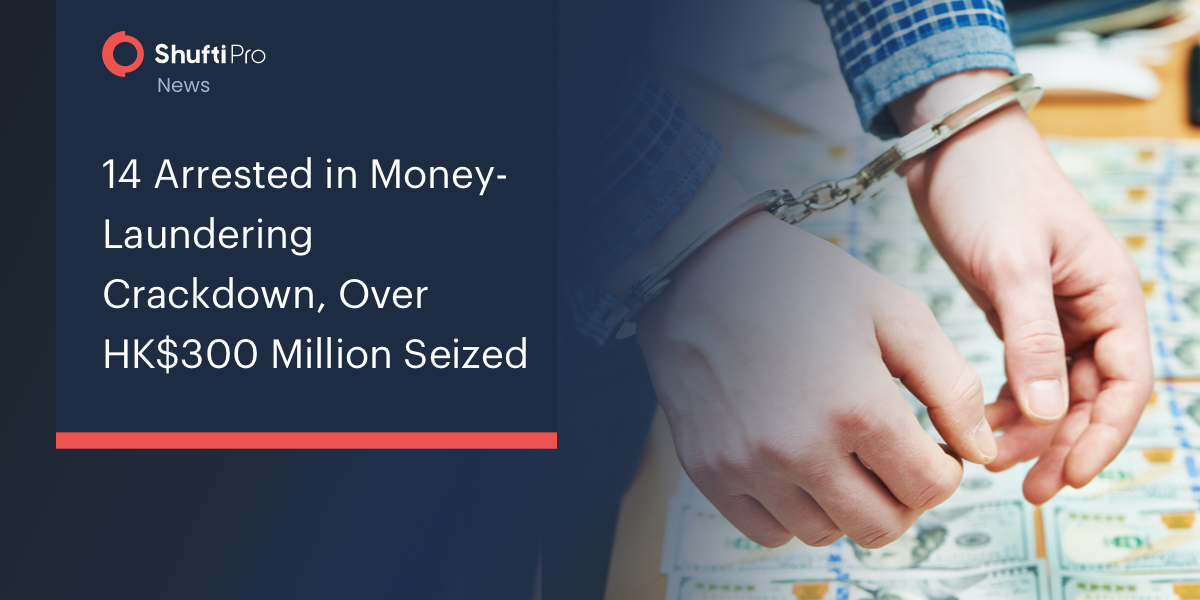 Explore More
Explore More
News
FINTRAC Issues Alert on Money Laundering from Illegal Wildlife Trade
FINTRAC, in collaboration with the Project Anton team, issues an alert on money laundering procee...
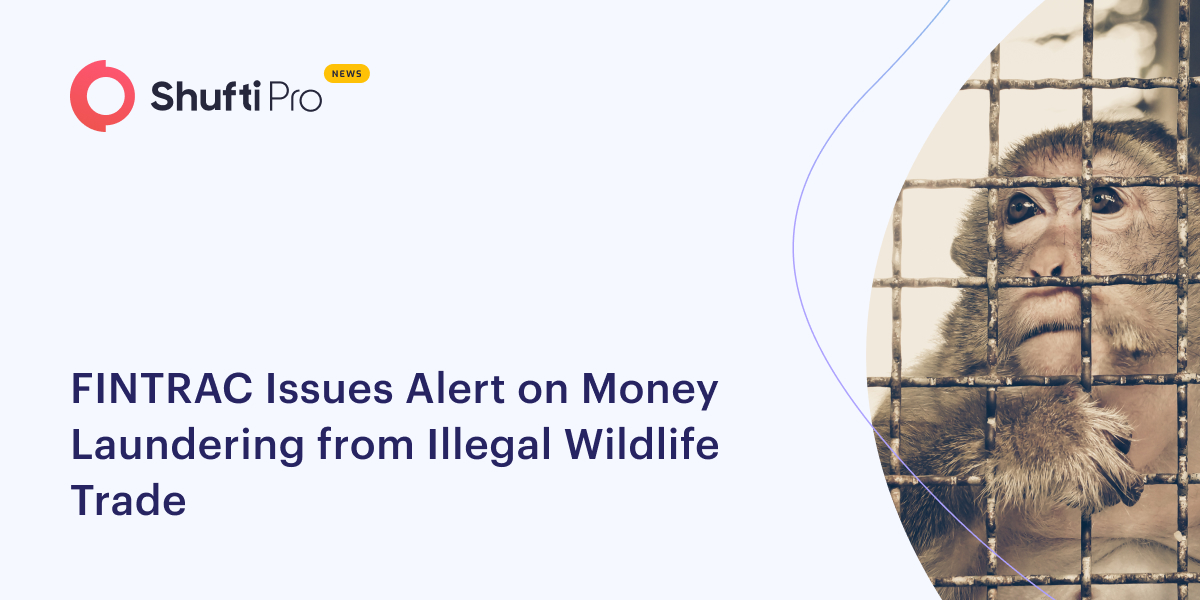 Explore More
Explore More
News
Florida House Speaker Votes to Restrict Minors’ Access to Social Media Platforms Via Age Verification Checks
Florida House votes to mandate social media platforms to implement rigid age verification checks,...
 Explore More
Explore More
News
Lloyds Bank of UK Issues Warning Over Increasing Threat of Crypto Scams
Lloyds Bank revealed a rise in cryptocurrency investment scams and reported a 23% increase compar...
 Explore More
Explore More
News
UAE Receives Observer Status at APG For Money Laundering
UAE becomes the first Arab country receive an observer status at the Asia/Pacific Group of Money ...
 Explore More
Explore More
News
Hacker steals $250K by exploiting Bitcoin exchange Bisq
A hacker identified a significant software flaw on the decentralized Bitcoin exchange, Bisq, to s...
 Explore More
Explore More
News
Chinese Authorities Bust 93 for Crypto Money Laundering Worth RMB 40 Billion
Chinese Authorities in the Hunan province have busted a criminal ring of 92 individuals for alleg...
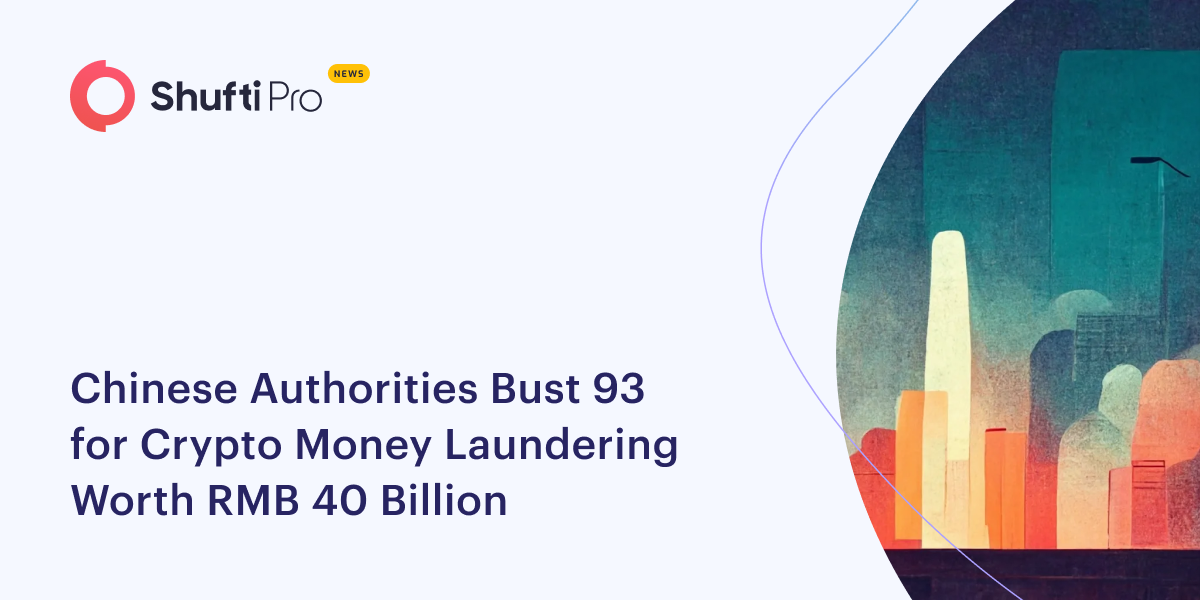 Explore More
Explore More
News
Gambling Commission Imposed a £6.1 Million Fine on Touch Games for Money Laundering Failings
The Touch Games, a gambling firm that operates 11 websites, has been fined £6.1 million over fail...
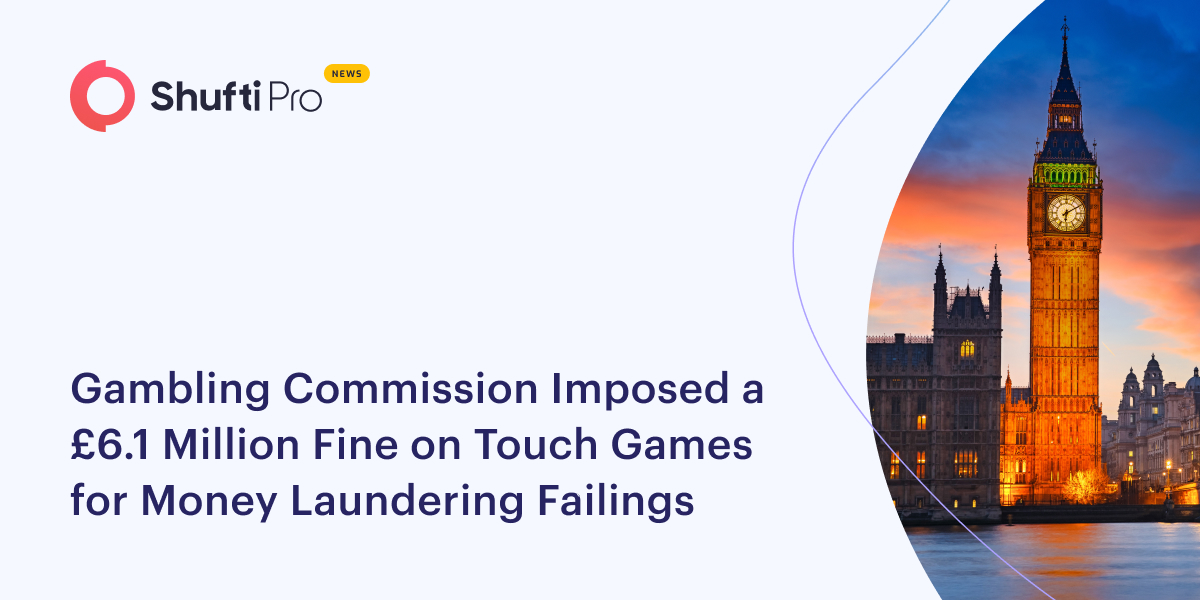 Explore More
Explore More
News
Nordic Banks Ignored Money Laundering Red Flags for Years, Leaked Audits Reveal
The Organized Crime and Corruption Reporting Project (OCCRP) has revealed in an audit that Nordic...
 Explore More
Explore More
News
Hong Kong Legislators Invite Coinbase to the Region Despite SEC Concerns
Coinbase and other crypto exchanges have been invited to establish operations in Hong Kong; the r...
 Explore More
Explore More
News
Fraudsters exploiting Coronavirus panic have scammed £1.6 million
United Kingdom investigators have reported more than 500 COVID-19 associated scams and over 2,000...
 Explore More
Explore More
News
UAE Central Bank Issues New Anti-Money Laundering Guidelines
The Central Bank stated that all financial institutions have a month to comply with the new AML g...
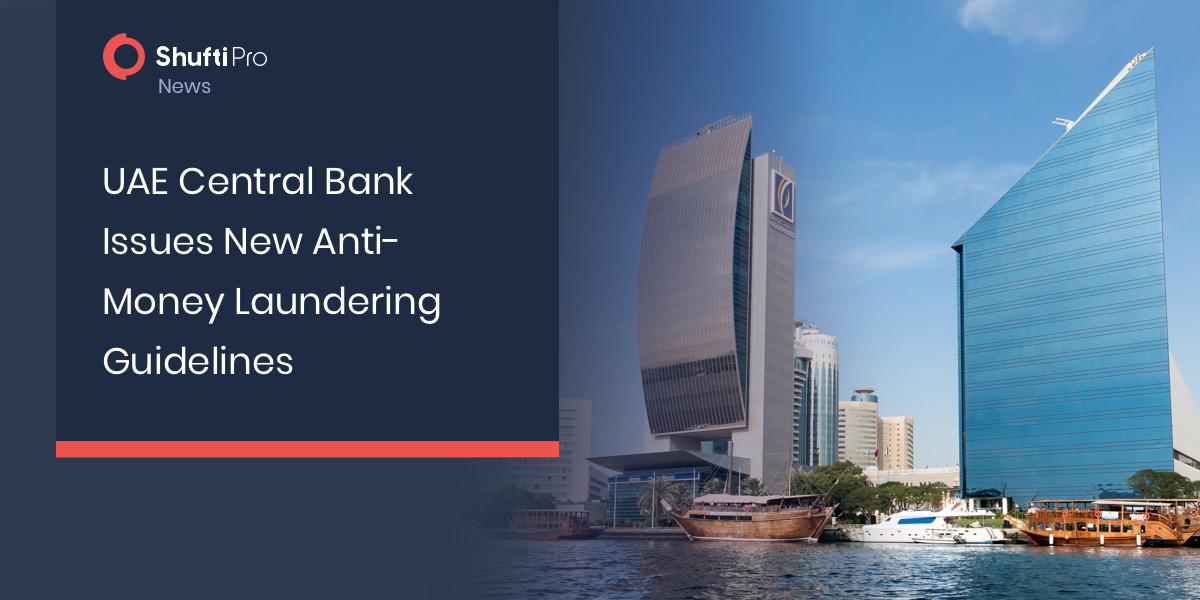 Explore More
Explore More
News
CBUAE Issues New AML/CTF Guidelines for the Insurance Sector
The Central Bank of the UAE (CBUAE) has announced new Anti Money Laundering and Countering Terror...
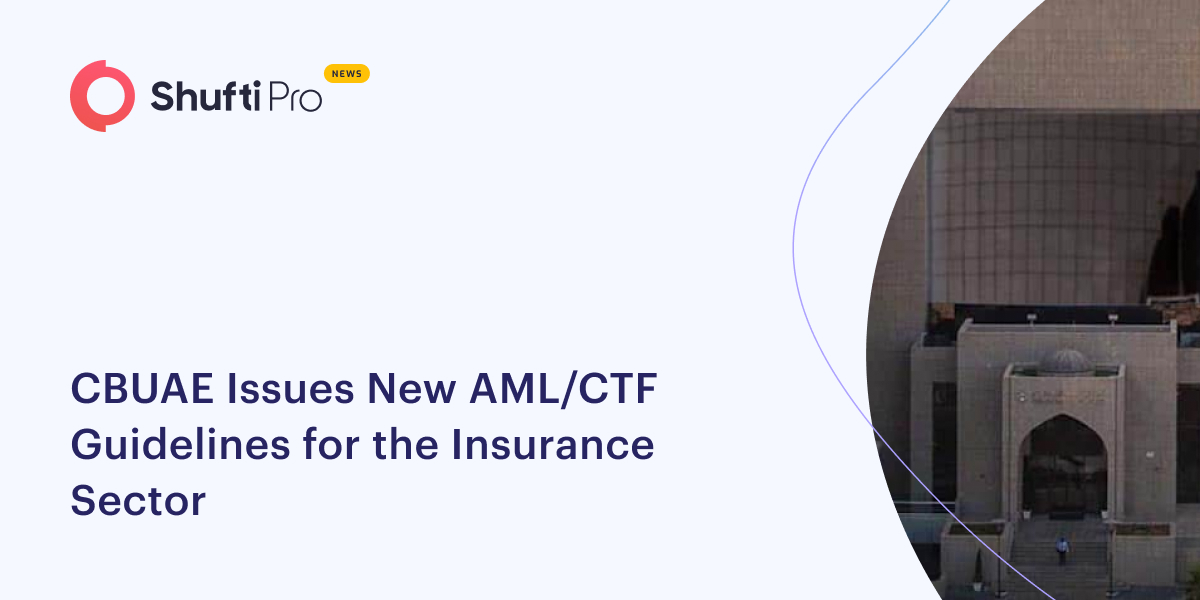 Explore More
Explore More
News
Central Valley Towns Become the Hot Spot of Identity Theft
A new report identifies a small number of Central Valley towns with the highest incidence of iden...
 Explore More
Explore More
News
FMA Blacklists Krypto Security, Bay Exchange, and CTRL Investments Limited
New Zealand’s FMA has warned investors against services and products being offered by unauthorize...
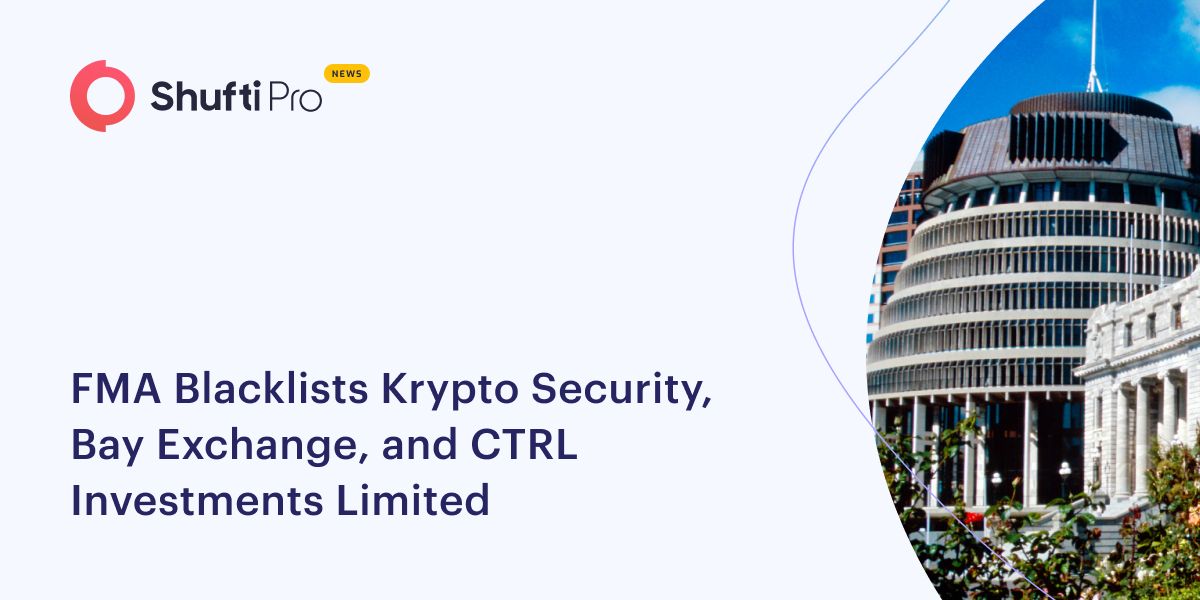 Explore More
Explore More
News
FATF Withdraws Switzerland From AML Enhanced Measures List
The Financial Action Task Force (FATF) removed Switzerland from the enhanced money-laundering com...
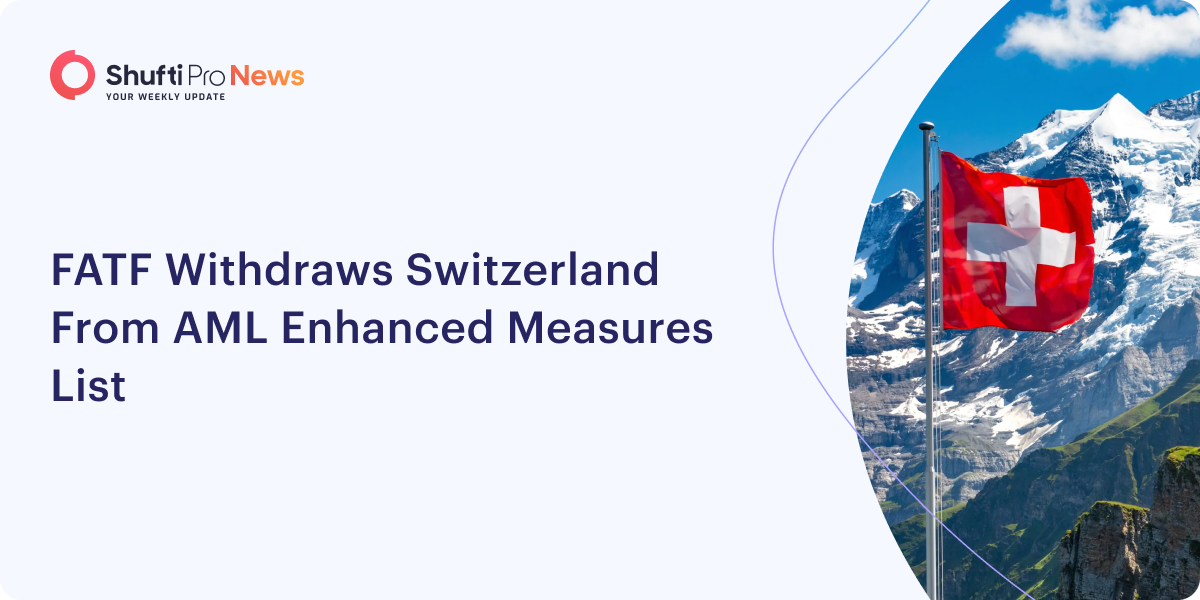 Explore More
Explore More
News
Ramon Abbas, Nigerian Instagram Influencer Pleads Guilty to Million-dollar Fraud
Nigerian instagram influencer, Ramon Abbas (Hushpuppi), admitted that he was involved in a conspi...
 Explore More
Explore More
News
Swedbank cuts former CEO’s Golden Parachute over Money-Laundering
STOCKHOLM – Swedbank has canceled the severance pay of former CEO, Birgitte Bonnesen after ...
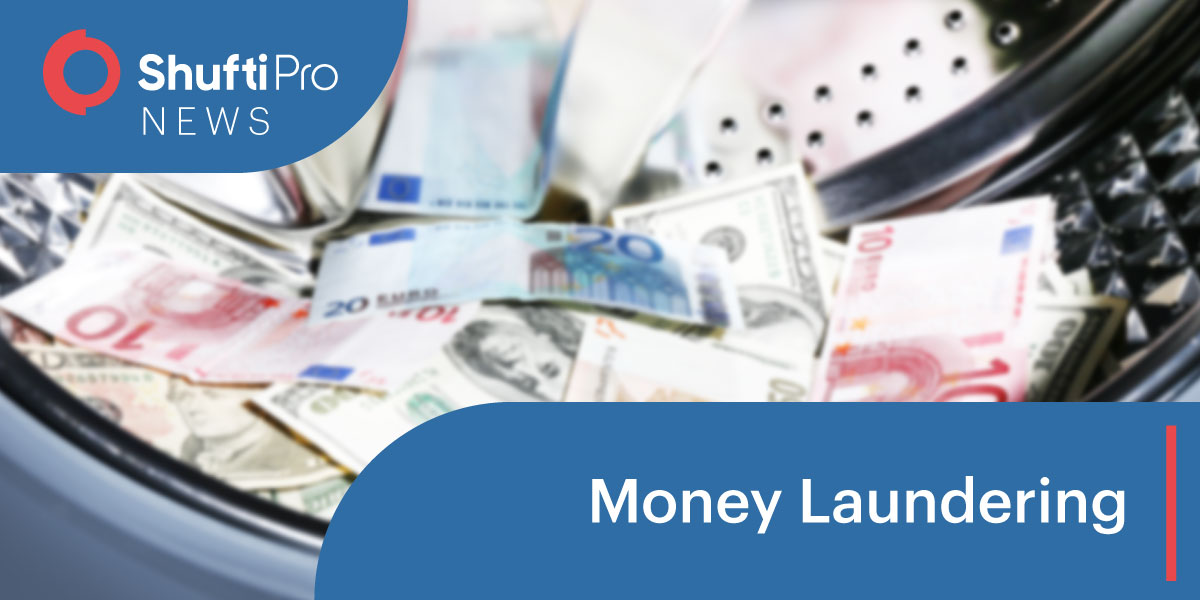 Explore More
Explore More
News
Bank of Queensland Commits to Anti Money Laundering Laws and Risk Management
Bank of Queensland Ltd (BOQ.AX) disclosed that separate agreements had been reached with the coun...
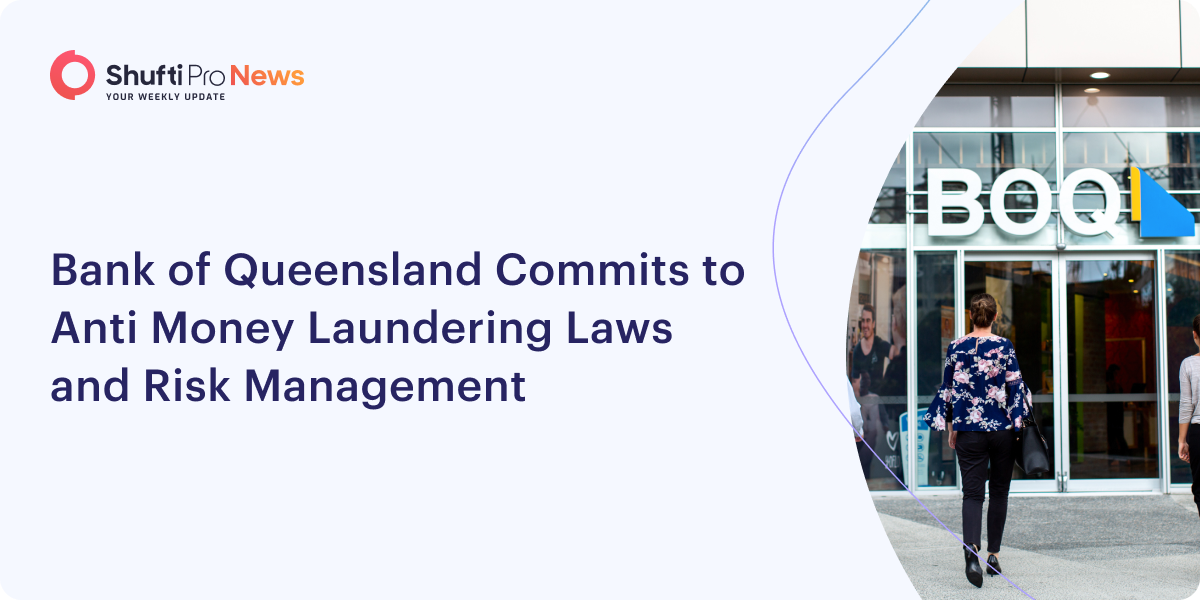 Explore More
Explore More
News
Dutch Authorities Seize $29 Million in Cryptocurrencies After Money Laundering Investigation
$29 million in crypto were seized over the last few months in money laundering investigations car...
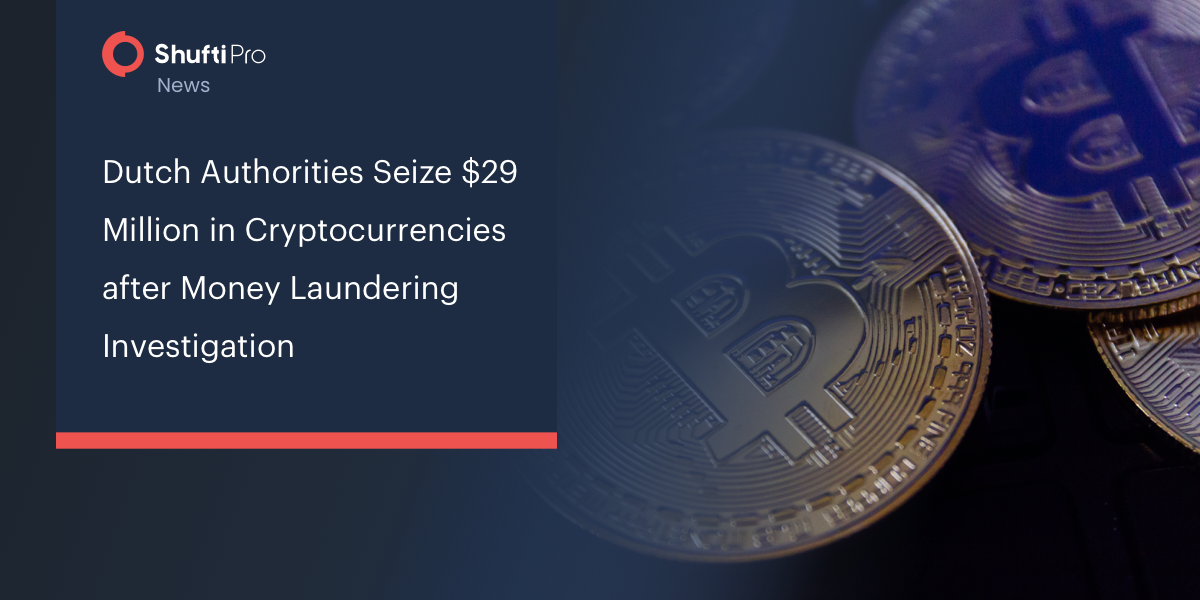 Explore More
Explore More
News
Non-compliant Crypto Accounts will Face Immediate Closure from Banks – Says CBN
Nigerian banks are ordered to track and freeze non-compliant crypto accounts, while banks that fa...
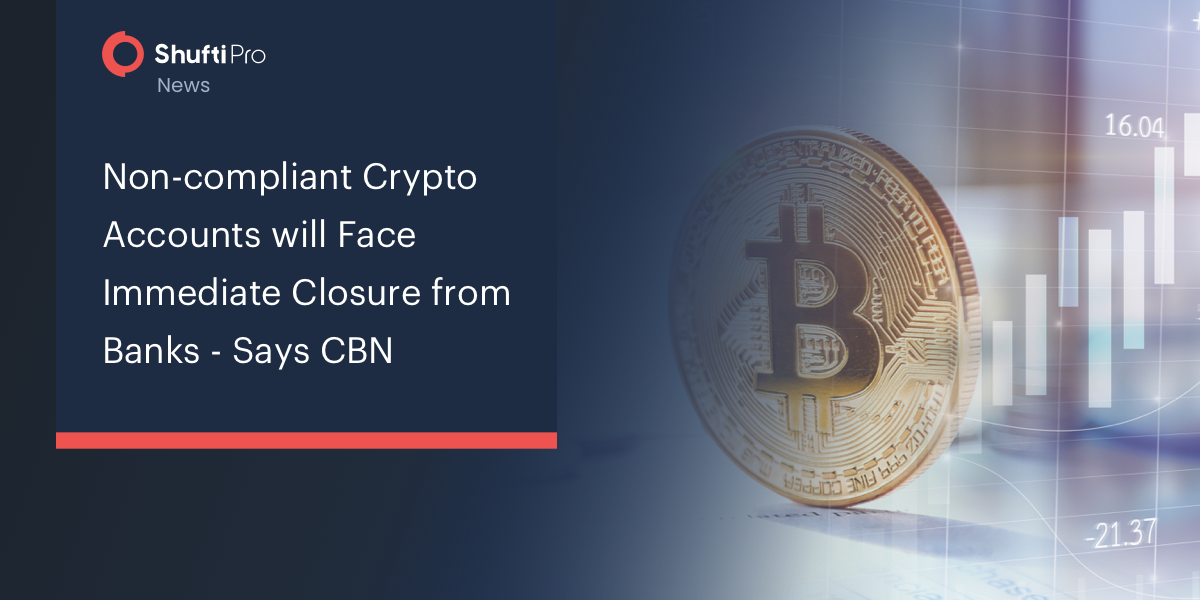 Explore More
Explore More
News
UK Regulators Obligates Crypto Firms to Submit Financial Crime Report
The UK’s financial watchdog, Financial Conduct Authority (FCA) has expanded financial regulations...
 Explore More
Explore More
News
FATF Highlights the Gaps in New Zealand’s AML Measures
Financial Action Task Force (FATF) has issued a report on New Zealand’s measures to combat money ...
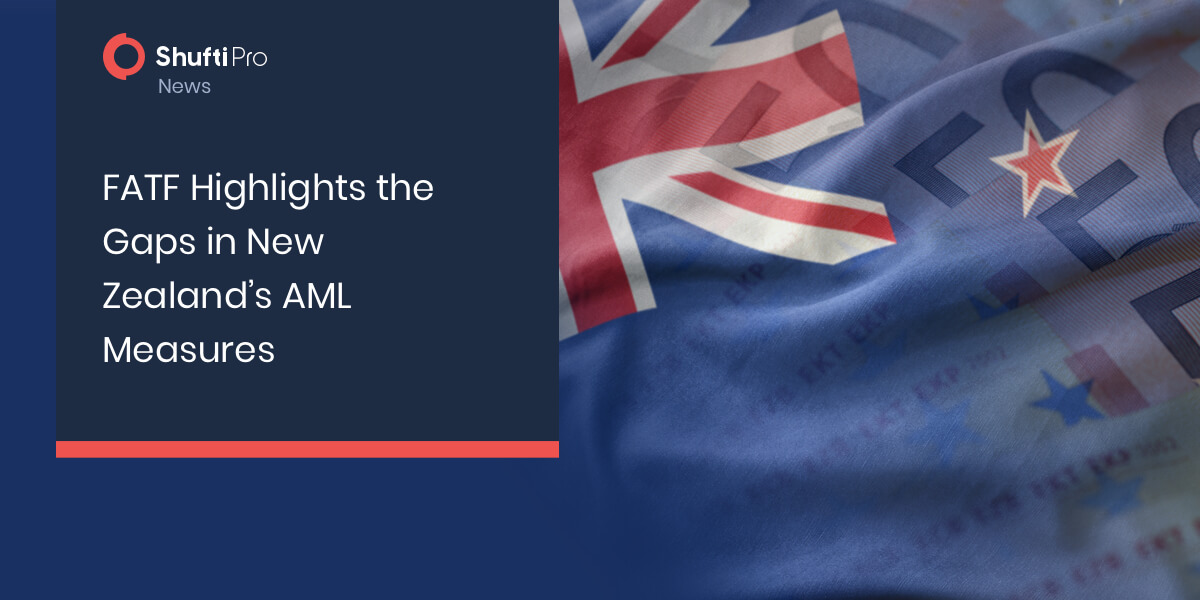 Explore More
Explore More
News
FIAU Fines Crypto Firm €460,000 for Anti-Money Laundering Violations
FIAU (Financial Intelligence Analysis Unit) charged a crypto exchange and broker with a €463,235 ...
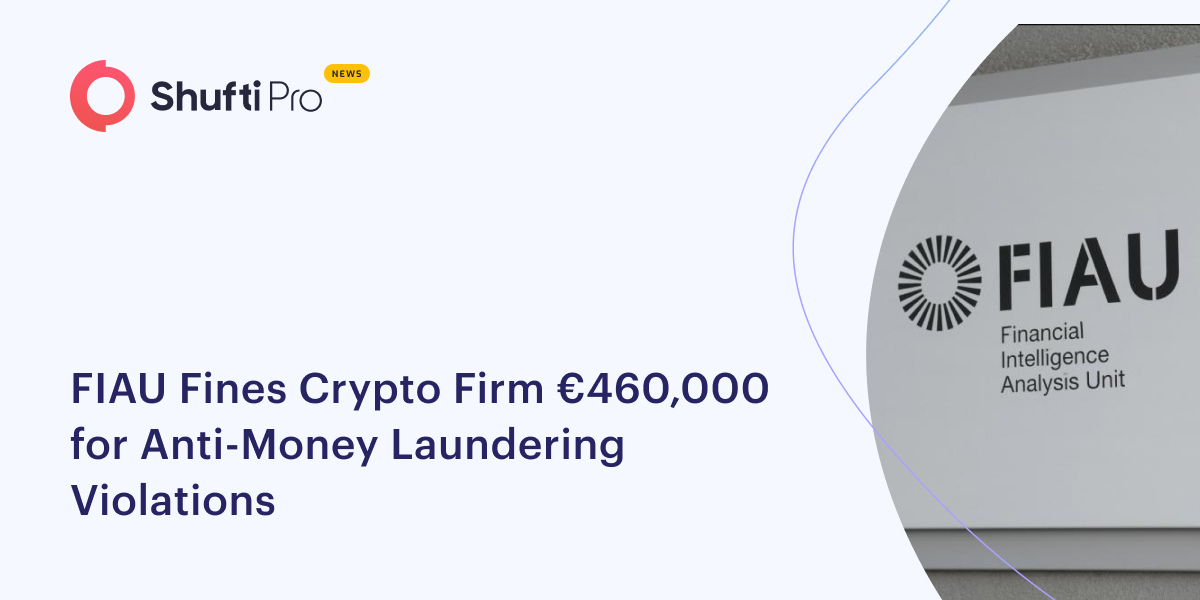 Explore More
Explore More
News
Federal Court Fines Digitex Futures $15M for KYC and AML Failings
The Commodity Futures Trading Commission (CFTC) has made it public that the US District Court has...
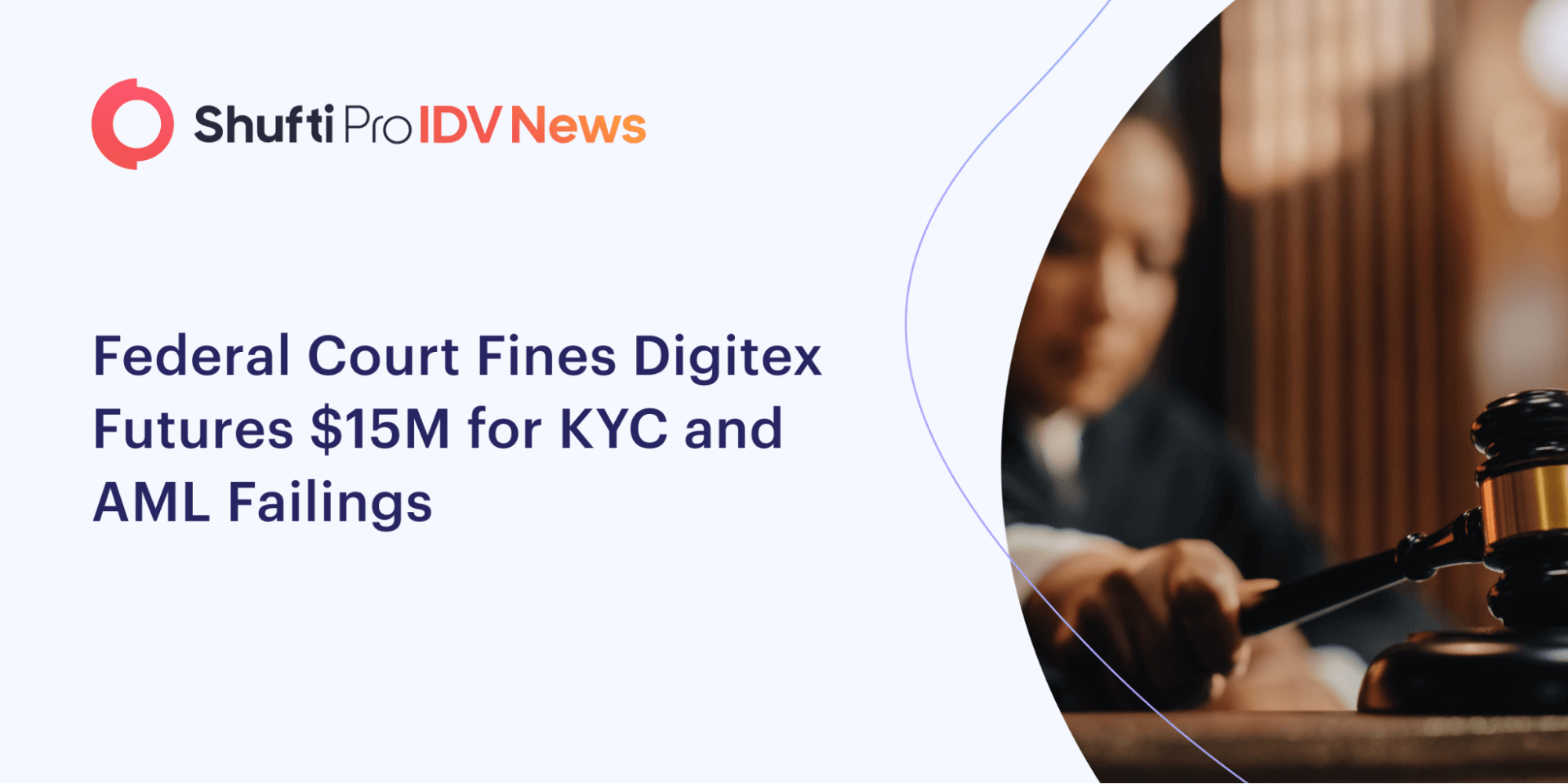 Explore More
Explore More
News
FATF to Publish Revised Guidelines For Virtual Assets Service Providers
The Financial Action Task Force is all set to publish updated guidelines on virtual assets on Oct...
 Explore More
Explore More
